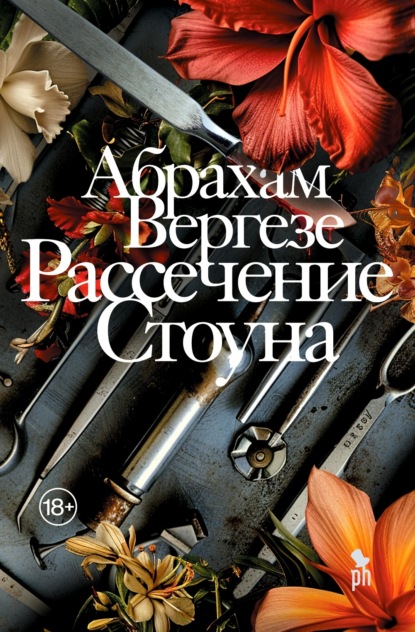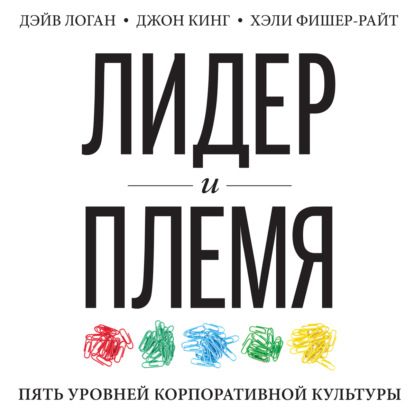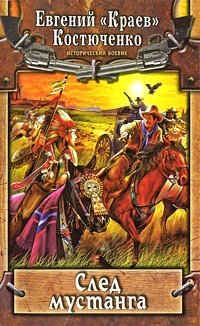Excerpt from Some Phases of Educational Progress in Latin America
The influx of foreign capital and the consequent establishment of powerful industrial enterprises have likewise emphasized the necessity of training men for work in such enterprises. The introduction of modern machinery, the increase of the different forms of the application of steam, the adoption of the inventions intended to gather up the results of labor, and numerous similar influences have given rise to a tremendous demand in this part of the continent for skilled and reliable mechanics. Central America has thus addressed itself with enthusiasm to the task of training the children of its schools for the activities of the present day.
The capitals, other important cities, and even many small towns have schools devoted to practical education, generally provided with buildings and equipment well adapted to this end. Honduras, for example, has founded a school for scientific instruction in the cultivation and preparation of tobacco and for the manufacture of cigars and cigarettes in the tobacco district around Danli. In several Provinces of the same Republic, and in Panama, where agriculture is subordinate, the Governments have founded schools for training pupils to weave hats and other objects.
The more generalized industrial schools are those of arts and crafts and the so-called practical schools for boys. Their organization presents marked differences. In some of the countries named there exist schools that receive pupils either as full or half time boarders, and offer night courses as the situation demands. In all these instruction is free. The Government generally offers a certain number of scholarships in the boarding schools for pupils approved by the different Departments or Provinces of the country. Tools, instruments, and supplies used in the schools are provided by the Government. In return the school exacts of such students certain services and thereby carries out certain work that represents a partial reimbursement for the amount spent upon their maintenance. This is the case with the schools of arts and crafts in Honduras and Panama. Some small schools of this class are maintained by means of the labor they carry on for private individuals and by the sale of the products they turn out.
These industrial schools are generally of two kinds:(1) Those in which the training in commercial subjects and in arts and crafts constitutes part of the regular course of study and (2) those devoted exclusively to the teaching of arts and crafts.
About the Publisher
Forgotten Books publishes hundreds of thousands of rare and classic books. Find more at www.forgottenbooks.com
This book is a reproduction of an important historical work. Forgotten Books uses state-of-the-art technology to digitally reconstruct the work, preserving the original format whilst repairing imperfections present in the aged copy. In rare cases, an imperfection in the original, such as a blemish or missing page, may be replicated in our edition. We do, however, repair the vast majority of imperfections successfully; any imperfections that remain are intentionally left to preserve the state of such historical works. Это и многое другое вы найдете в книге Some Phases of Educational Progress in Latin America (Classic Reprint) (Walter A. Montgomery)















